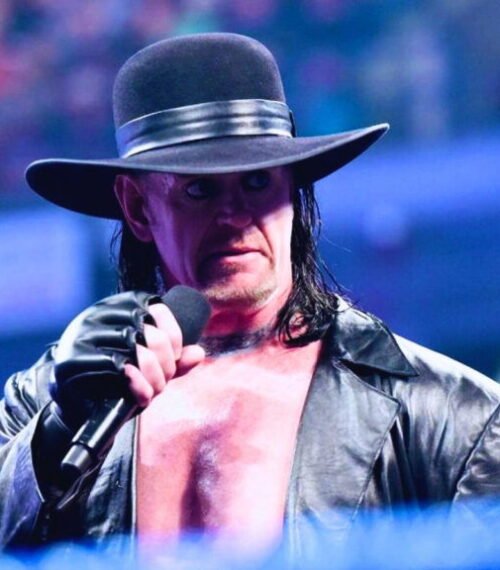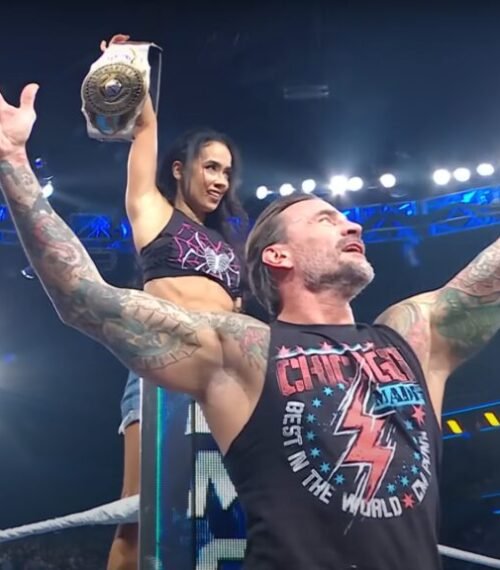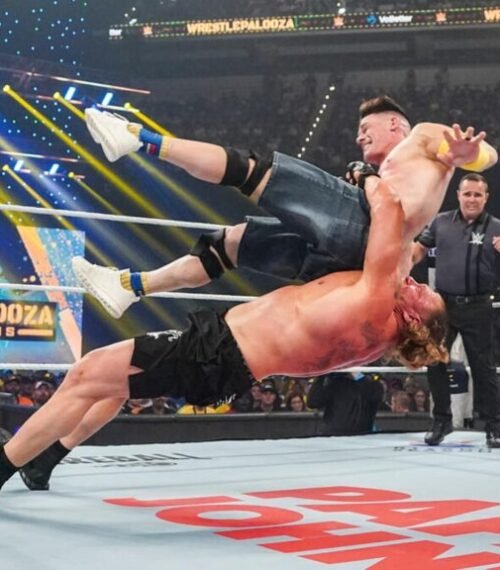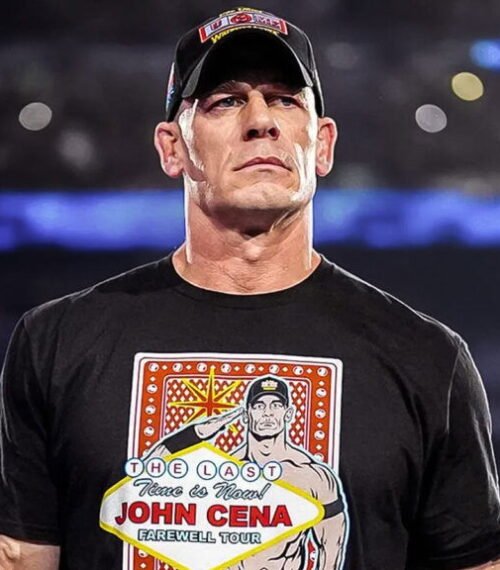Martin Scorsese‘s Mean Streets just found its way onto Stephen King‘s list of his top 10 favorite movies. The list in itself is coveted on account of its coming from King, one of the most prolific writers of horror, with a record number of Hollywood adaptations to his name.
In a Twitter (X) post, the King of Horror mentioned the list as follows:
My 10 favorite movies (excluding MISERY, SHAWSHANK, GREEN MILE, STAND BY ME). In no particular order:
SORCERER
GODFATHER 2
THE GETAWAY
GROUNDHOG DAY
CASABLANCA
TREASURE OF THE SIERRA MADRE
JAWS
MEAN STREETS
CLOSE ENCOUNTERS OF THE 3rd KIND
DOUBLE INDEMNITY— Stephen King (@StephenKing) September 8, 2025
Incidentally, none of the movies go beyond 1993, meaning that modern films have hardly been able to impress the auteur. Films like Pulp Fiction, Fight Club, Life is Beautiful, There Will Be Blood, and many more that deserve to be recognized are also missing from the list.
However, King might be trying to make a point by excluding the most obvious chart-toppers that have been named in countless magazines and websites, and mentioning the films that have had an irreversible impact on cinematic culture.
But more importantly, the list says something about King’s own preference for films (given that it’s a list of his personal favorites as opposed to the Top 10 best movies according to his standards).
Brief History Behind the Canceled Trilogy of Martin Scorsese’s Mean Streets
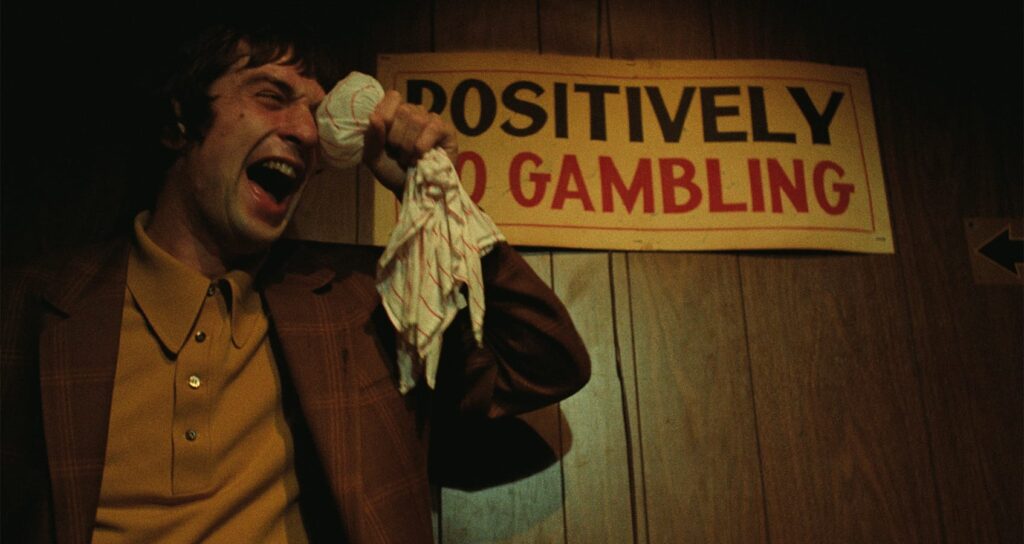
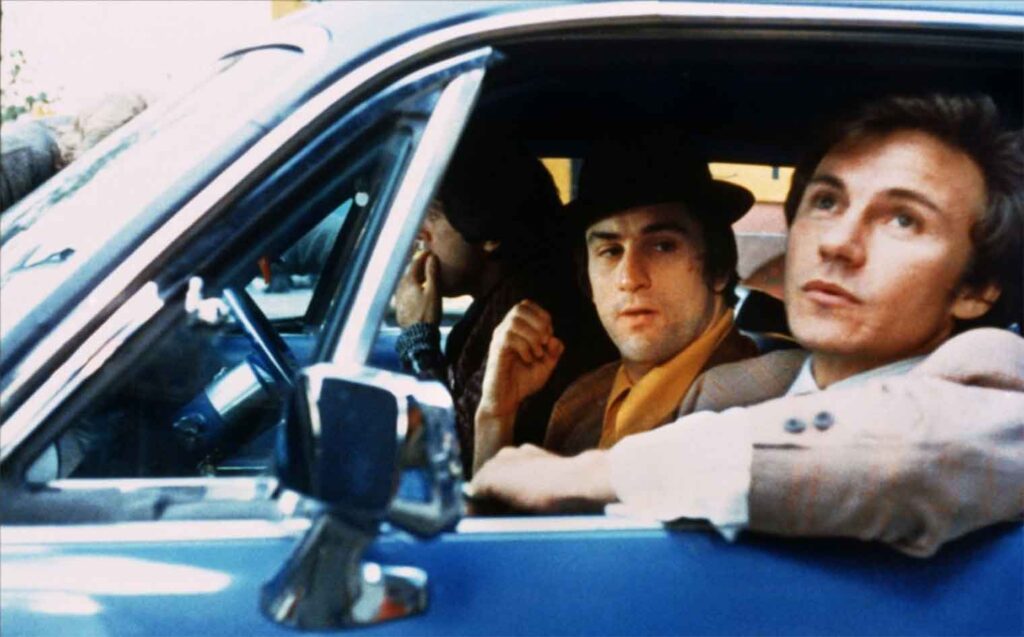
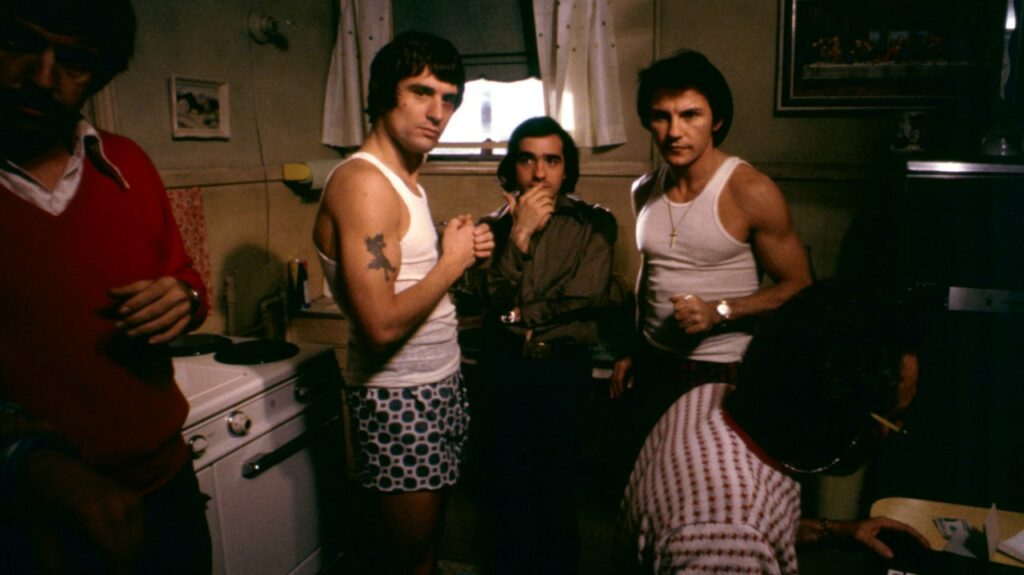
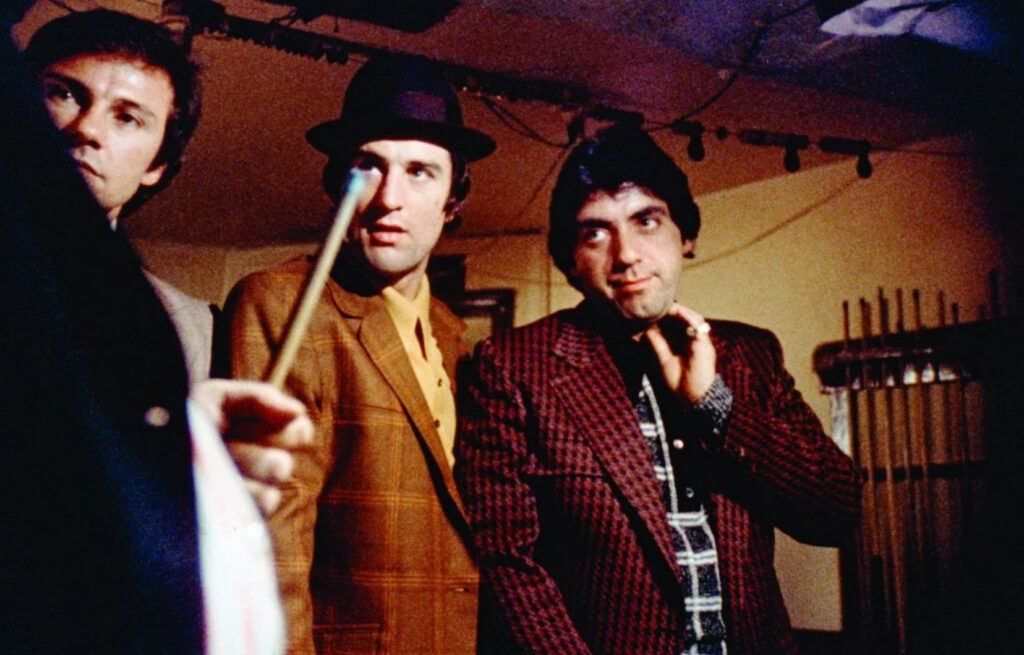
Mean Streets, as singular as it may be, was never meant to be a solo feature. Instead, Martin Scorsese had conceived the 1973 film as one-third of a trilogy. Given how the film explored themes of religion, Catholic guilt, street crime, urban sin, and Italian-American heritage from Scorsese’s personal point of view, the other two were also tailored to tell similar stories.
According to the AFI Catalog,
Scorsese [stated] that he conceived Mean Streets as the third part of a trilogy about religion and growing up in Little Italy, with the first part being a screenplay entitled Jerusalem, Jerusalem, which was never produced, and the second part being Who’s That Knocking at My Door?, which also starred Keitel in the leading, autobiographical role.
Little more is known about Jerusalem, Jerusalem, and the follow-up to Who’s That Knocking at My Door? After the widely received success of Mean Streets, Scorsese re-teamed with his screenwriter, Mardik Martin, for a sequel to the film. Eventually, that too was never made.
How Mean Streets Influenced Hollywood and Modern Pop Culture
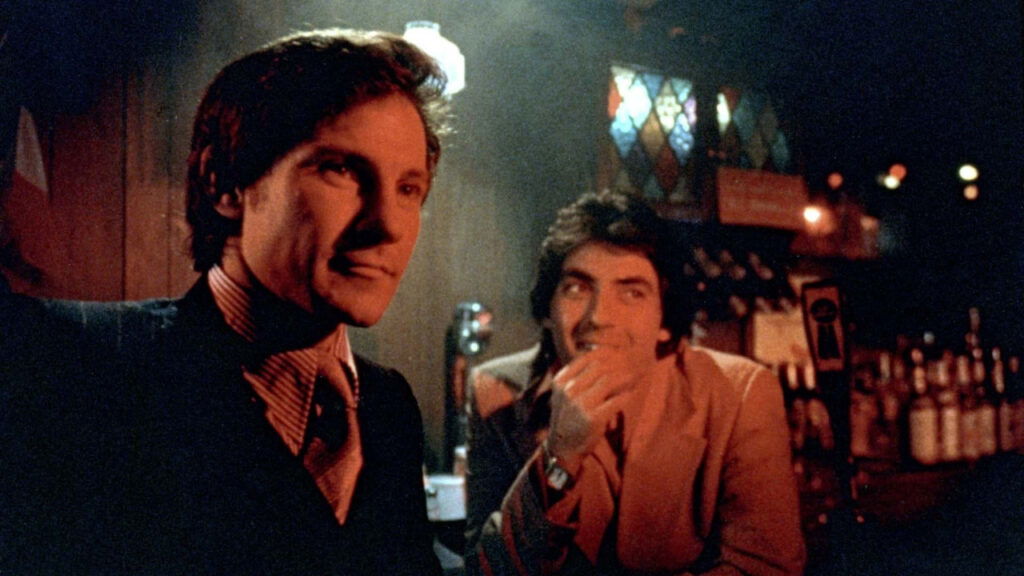
Pauline Kael, one of history’s greatest film critics, wrote of Mean Streets in her October 1973 review in The New Yorker:
Martin Scorsese’s Mean Streets is a true original of our period, a triumph of personal filmmaking…
Scorsese could make poetic drama… out of the schlock of shabby experience because he didn’t have to “dive below the polite level, to something nearer to the common life” but had to do something much tougher—descend into himself and bring up what neither he nor anyone else could have known was there… This is a blood thriller in the truest sense.
This is the highest praise coming from Kael, who once refused to recognize even classics like The Sound of Music (which led to her firing) and Blade Runner (much to the chagrin of Ridley Scott, who keeps her op-ed article framed in his office).
But beyond criticism and cinematic artistry, Mean Streets is one of the first films that made New York, crime, and religion accessible under one umbrella. The greatest works from Martin Scorsese’s visionary oeuvre were all born with this very film in 1973, which not only revolutionized storytelling but also popularized the use of vintage pop songs as a film’s main soundtrack.
Mean Streets is more than a slice of life, operatic crime caper. It is the progenitor of every fast-paced, contemporary, pop-themed anthology movie, serving as a critique of society and the overlooked hardships of street life. Unlike the gloriously violent saga of The Godfather, Scorsese’s films managed to paint a viscerally humane portrait behind every crime and criminal enterprise, starting with the fated story of Johnny Boy and Charlie in 1973.
Below is a table of all the necessary details on Mean Streets:
| Film: | Mean Streets |
| Director: | Martin Scorsese |
| Year of Release: | 1973 |
| Screenwriter: | Mardik Martin |
| Cast: | Harvey Keitel Robert De Niro Amy Robinson David Proval Richard Romanus Lenny Scaletta Cesare Danova |
| Budget: | $650,000 |
| Box Office: | $3 million |
| Runtime: | 112 minutes |
| Distributed by: | Warner Bros. |
| Rotten Tomatoes: | 92% |
| IMDb: | 7.2 |
Have you watched all the movies mentioned in Stephen King’s list of personal favorites? Let us know which of King’s novels/adaptations rank among your personal favorites as well in the comments.
Mean Streets is available to buy/rent on Amazon Video, Apple TV, and Fandango At Home.

